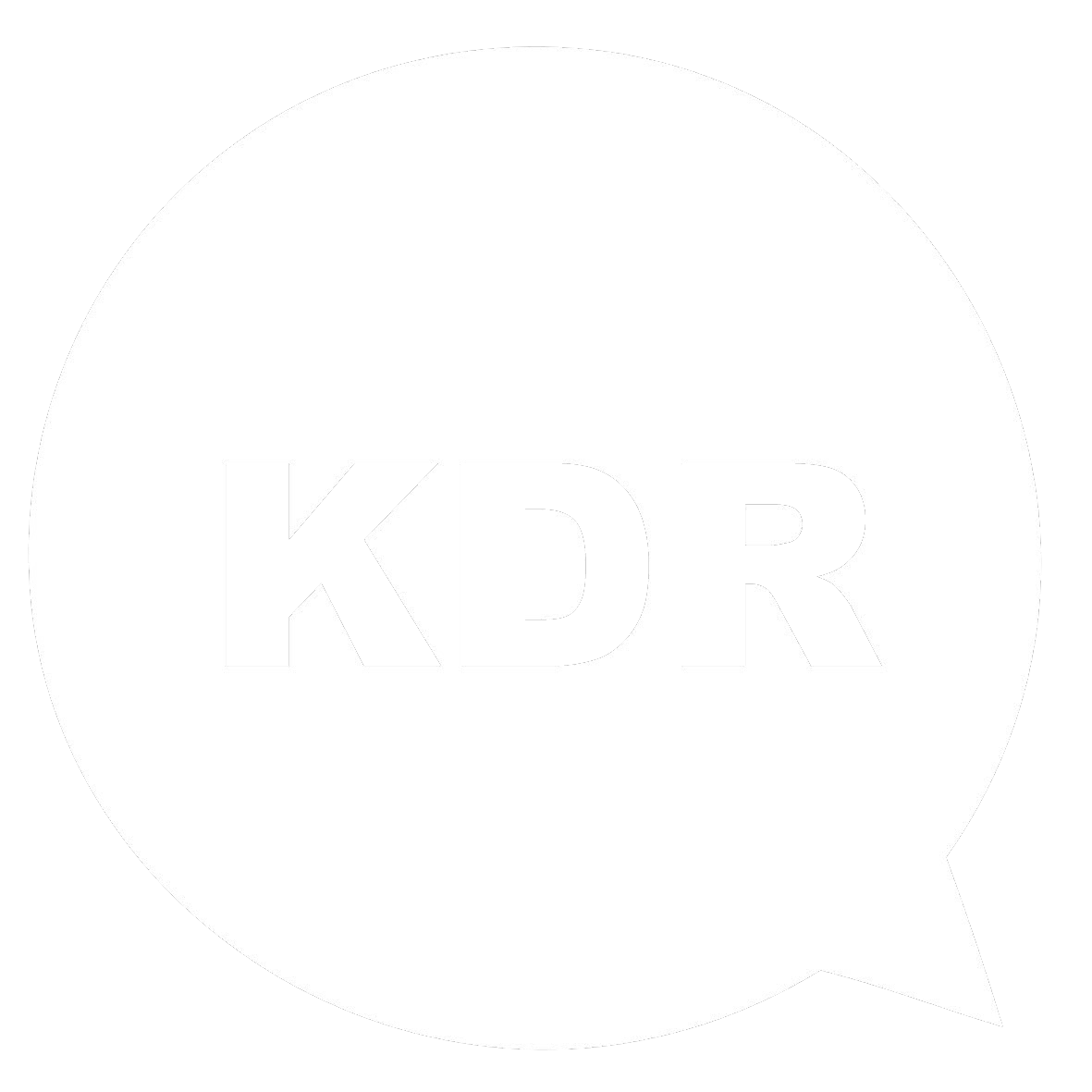My first time at the World Innovation Summit for Education (WISE) was eye opening. I was surrounded by more than 1,200 education leaders from 100 countries and with a wide range of perspectives on what’s working and what’s not. I captured dozens of snippets from the sessions I attended at @KimberleeSD, but here are a few standout highlights that really stuck with me:
- STEM gives us “a sense of wonder, the same effect as music, art and literature do.” She likens STEM to seeing a flower and its beauty as others do, but also seeing its inner beauty. “There’s science behind the beauty.” – Maggie Aderin-Pocock, an English space scientist.
- “We should be teaching an appreciation of science, not just trying to get more researchers.” – Claudia Dreifus, Columbia University and New York Times science writer
- “There are currently 6,000 languages in the world. 3,000 will be gone by the end of the century. We need to be sensitive to cultural and linguistic diversity.” – UNESCO
- “We need to teach the capacity to deal with the uncertainties of our daily lives. We don’t know where the future will take us.” – Edgar Morin, French philosopher and sociologist
We are clearly in a major transition period in education with a lot of work still to be done, but let’s take some time to step back and reflect on all of the positive steps individuals and organizations are taking forward all over the world. The WISE crowd alone is making leaps and bounds.
While soaking in the thought-provoking sessions, I also had the chance to immerse myself in more cultural activities in Doha like the famous Souq Waqif market, dune bashing and a camel ride, as well as camel races and a trip to Dukhan beach. I return to my life in San Diego with new perspectives, great new friends and an excitement for what the future holds connecting STEAMConnect with the world.
I’ll close with this: We experience life differently depending on where we sit in the world, but there is an underlying commonality between all of us. As Dr. Pai Obanya, Chairman of the Board of the West African Examinations Council said, “it’s our ‘humanware’ that is most important.” Well said.

